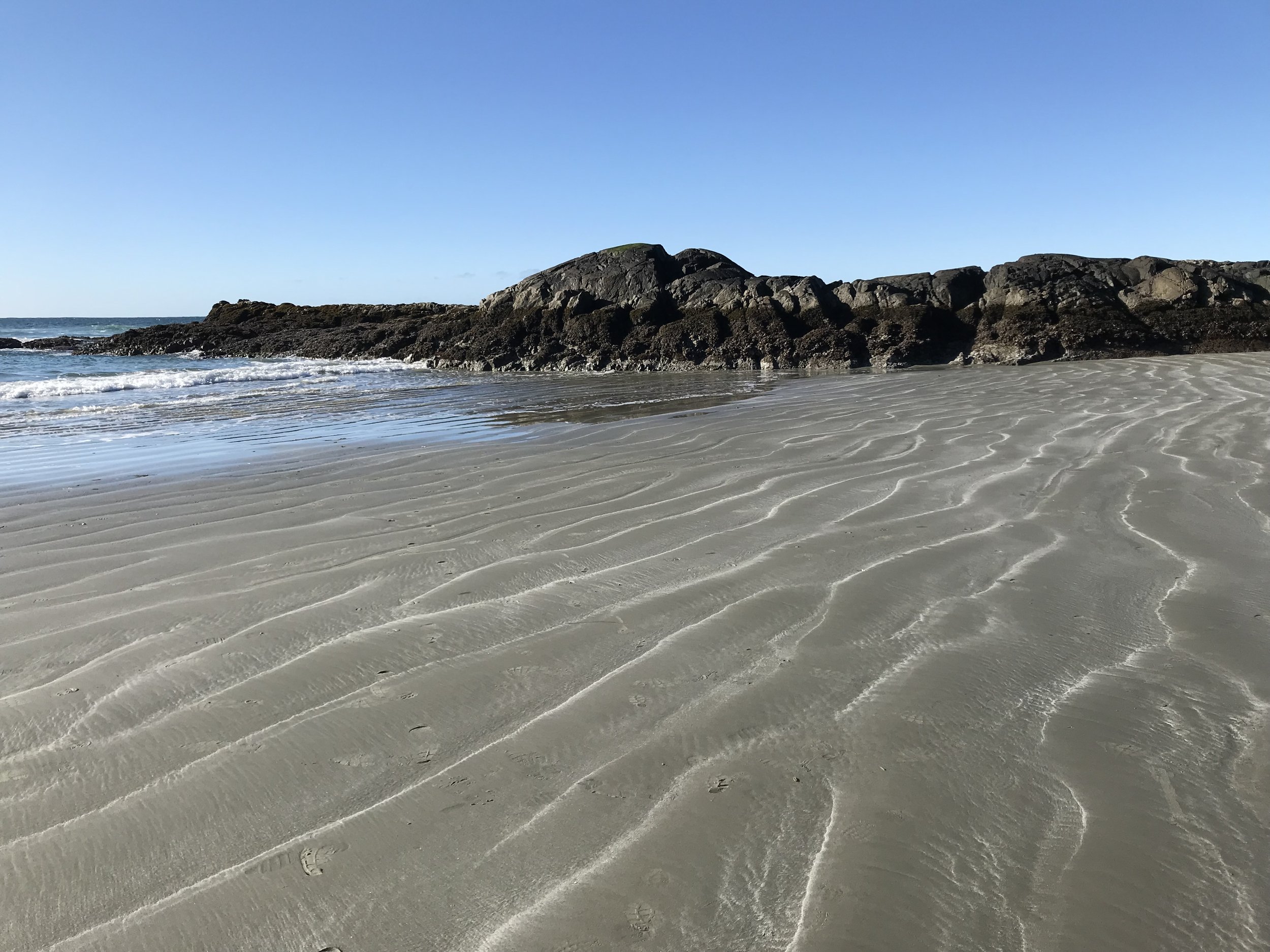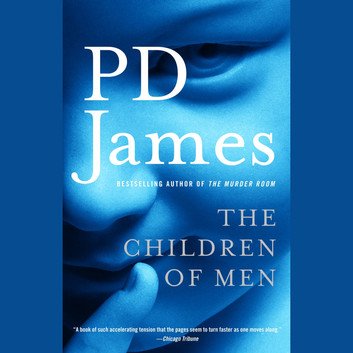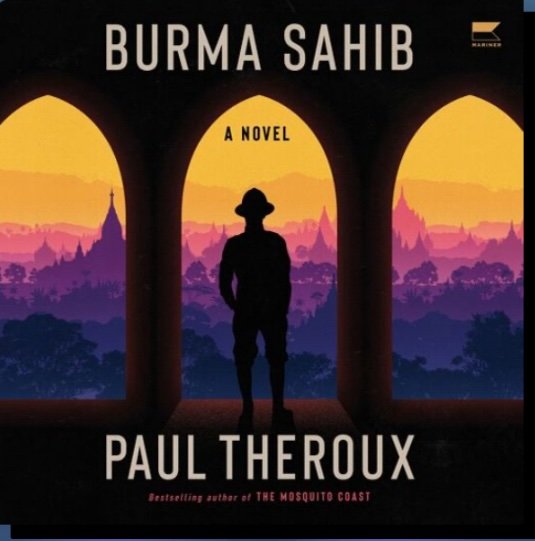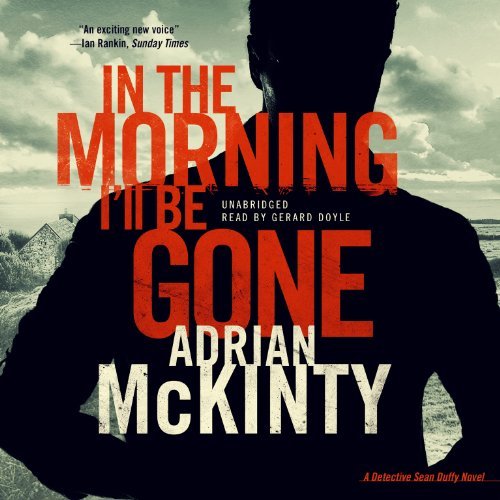
Writing With a Broken Tusk
Writing With a Broken Tusk began in 2006 as a blog about overlapping geographies, personal and real-world, and writing books for children. The blog name refers to the mythical pact made between the poet Vyaasa and the Hindu elephant headed god Ganesha who was his scribe during the composition of the Mahabharata. It also refers to my second published book, edited by the generous and brilliant Diantha Thorpe of Linnet Books/The Shoe String Press, published in 1996, acquired and republished by August House and still miraculously in print.
Since March, writer and former student Jen Breach has helped me manage guest posts and Process Talk pieces on this blog. They have lined up and conducted author/illustrator interviews and invited and coordinated guest posts. That support has helped me get through weeks when I’ve been in edit-copyedit-proofing mode, and it’s also introduced me to writers and books I might not have found otherwise. Our overlapping interests have led to posts for which I might not have had the time or attention-span. It’s the beauty of shared circles.


Really, America? The Curious Appeal of Dystopian Fiction
With the election of 47 as United States President in the rear-view mirror and the reality of a clownish, arbitrary, self-obsessed administration playing out in the present moment, you wouldn’t think there’d be any comfort to be gleaned from dystopian fiction. Yet what did I find myself downloading in audiobook format? Children of Men by P.D. James. It’s set in an England that is rather quaintly dated 2021, which must have seemed far away in 1992 but now feels counterintuitive. But honestly, that was the only point at which I had to work to suspend disbelief.

“If it was good, it was golden.” History, Fiction, and the Writing Self
I find rambles through history as captivating as any other kind of rambling travel. Some of the histories I’ve wandered through have led me to the ramblings of the writer Eric Blair who became George Orwell, his nom de plume traveling right into the English language. Orwellian, right up there with Kafkaesque, is frequently conjured up as a reflection of all things authoritarian.

Time and Place in The Covenant of Water by Abraham Verghese
One thing it took me awhile to get used to with audiobooks is that they flow past you like water. You can’t stop them to make notes. Well, you can, but it interrupts the flow. The library app will let me rewind and listen to passages now and then but often they’re gone before I recognize that need.
There were many passages in Abraham Verghese’s novel, which he reads himself The Covenant of Water, that I wanted not only to revisit, but also to mark up and write notes about, and more, maybe I just wanted to see them. I wanted to see how they scanned on the page.

Unease and Interruption in Lincoln in the Bardo
At its opening, Lincoln in the Bardo by George Saunders feels disjointed, its many voices cutting in on one another, as if they’re keeping the reader from focusing on the promised tragedy and the story that has already taken flight. Then you realize it’s meant to feel this way. It operates somewhat in the way that history filters down to us in scraps of narrative from different points of view. Jangling, clashing, fighting for space.
You think, there’s a story here if I just relax and let it wash over me. Then you begin to see.

Quick Reads: In the Morning I’ll Be Gone by Adrian McKinty
I listened to the audiobook edition of In the Morning I’ll Be Gone by Adrian McKinty, book 3 of the Sean Duffy series, read by the golden-voiced Gerard Doyle.
It’s set in Belfast in the early 1980’s but close to the end, here are headlines that scream about Mrs. Gandhi’s assassination:
“Murdered by her Sikh bodyguards in retaliation for her assault on the Golden Temple. I read the reports, which went on for four pages. It was horrific stuff. There had been retaliatory massacres of Sikhs in Delhi, gun battles in the streets. “
The passage ends with a globe-shrinking sardonic aside from the narrator on the effects of British rule in India!
